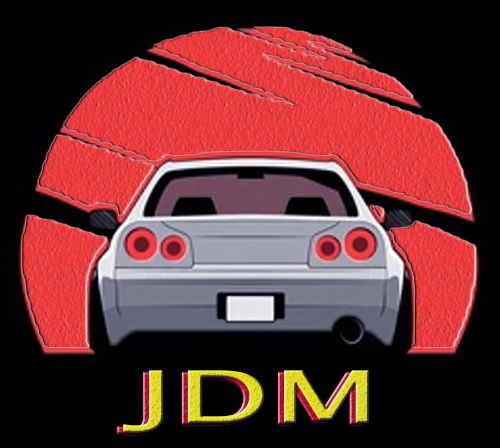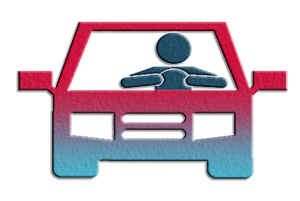Why are JDM cars illegal?
Japan has long been a powerhouse in the automotive industry, producing iconic cars known for their performance, reliability, and innovation.

However, several factors have contributed to the restriction or prohibition of certain Japanese Domestic Market (JDM) cars in various countries:
Regulatory Standards Discrepancy
Many JDM vehicles were manufactured to meet Japanese safety and emissions standards, which can differ significantly from those in other countries.
These differences can pose challenges when attempting to import JDM cars to regions with stricter regulations.
Emissions Compliance
JDM vehicles often feature engines with high-performance capabilities but may not adhere to emissions standards enforced in other countries.
This misalignment can lead to difficulties in obtaining necessary certifications for road legality.
Safety Standards
Safety regulations vary globally, and JDM cars may lack certain features required for road legality in other markets.
This could include aspects – example: airbag configurations, crash-test performance, and structural integrity standards.
Right-Hand Drive Configuration
Many JDM vehicles are manufactured with right-hand drive (RHD) configurations, which can pose safety concerns in countries where driving on the left side of the road is the norm. Operating an RHD vehicle in such regions can affect visibility and increase the risk of accidents.
Importation Restrictions
Some countries have strict regulations governing the importation of vehicles, particularly those not originally sold in their markets.

Importing JDM cars may require compliance with complex procedures, including vehicle inspections, modifications, and documentation, which can deter enthusiasts from pursuing ownership.
Market Protectionism
Domestic automotive industries in certain countries may lobby for regulations that limit the importation of foreign vehicles to protect their market share.
This protectionism can result in barriers for enthusiasts seeking to import JDM cars.
Counterfeit Concerns
The popularity of JDM cars has led to a market for counterfeit parts and vehicles, raising concerns about safety, quality, and intellectual property rights.
Some countries may impose restrictions to combat the influx of counterfeit JDM products.
Recent Developments

Despite these challenges, enthusiasts continue to explore avenues for importing and owning JDM cars. Some countries have implemented niche exemptions or pathways for legally importing and registering certain JDM models, provided they meet specific criteria for safety, emissions, and compliance.
Additionally, advancements in technology and globalization have facilitated greater access to information, parts, and services, making it easier for enthusiasts to maintain and enjoy JDM vehicles while adhering to regulatory requirements.
Overall, the intersection of automotive culture, regulatory standards, and market dynamics continues to shape the accessibility and legality of JDM cars worldwide.












